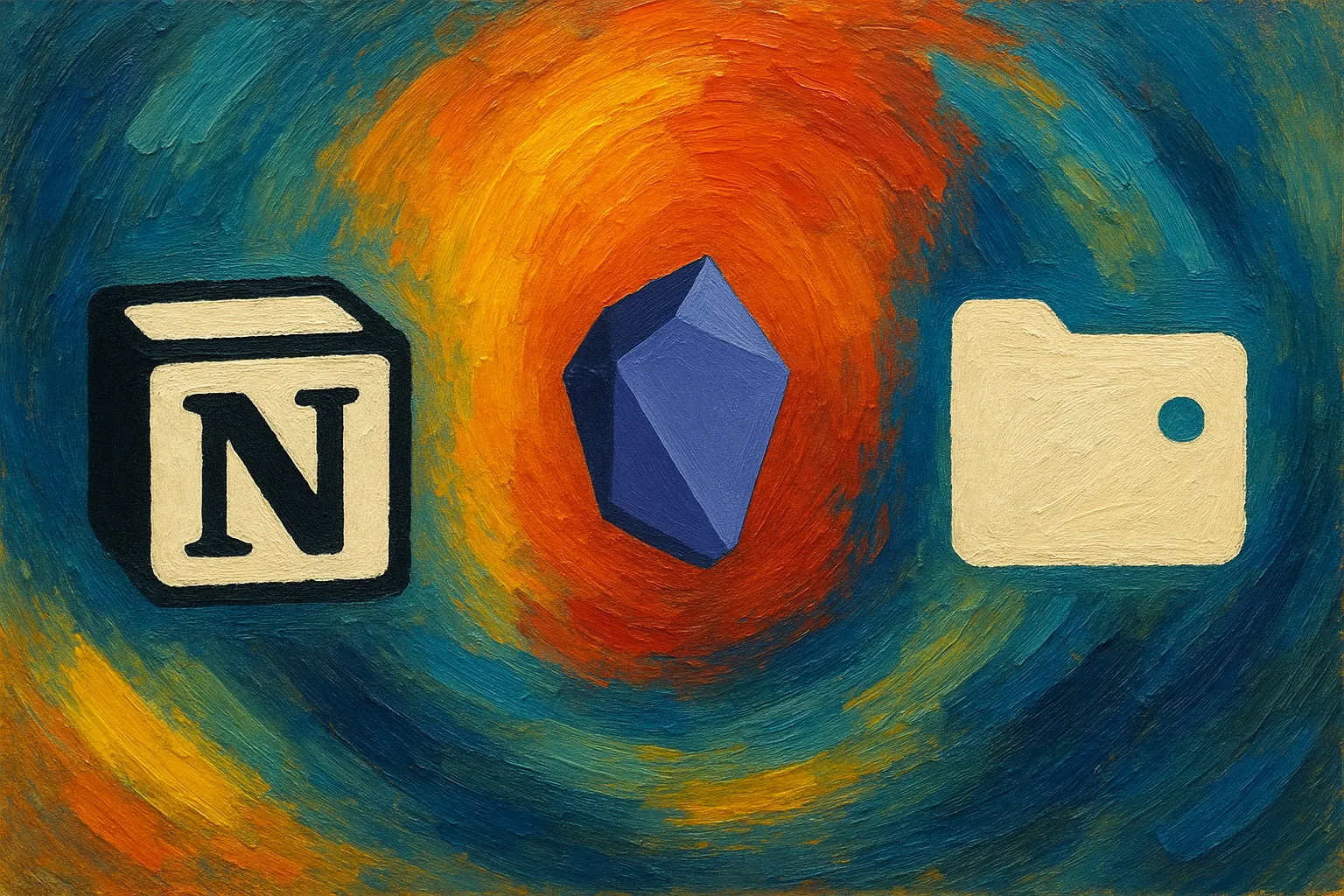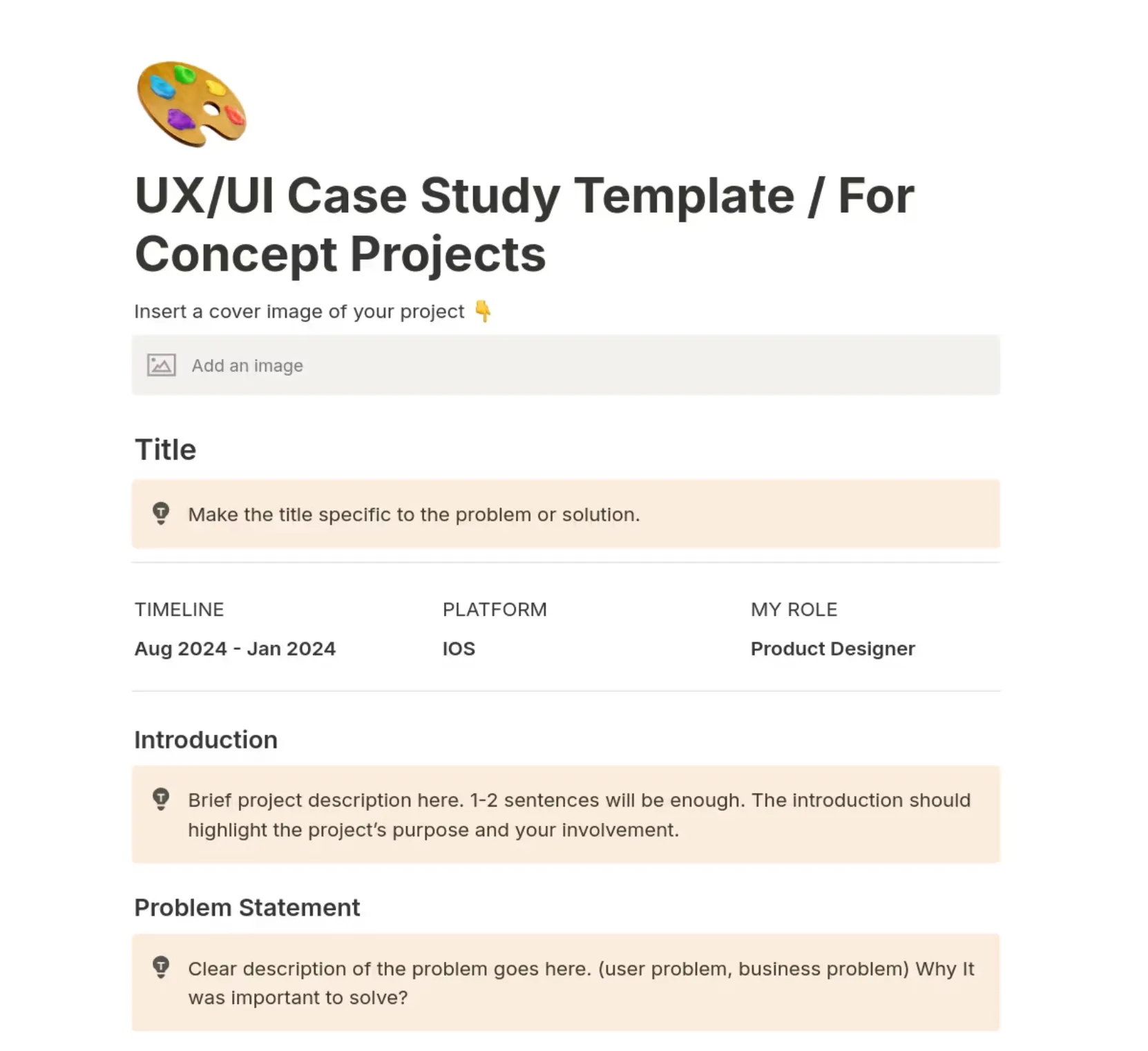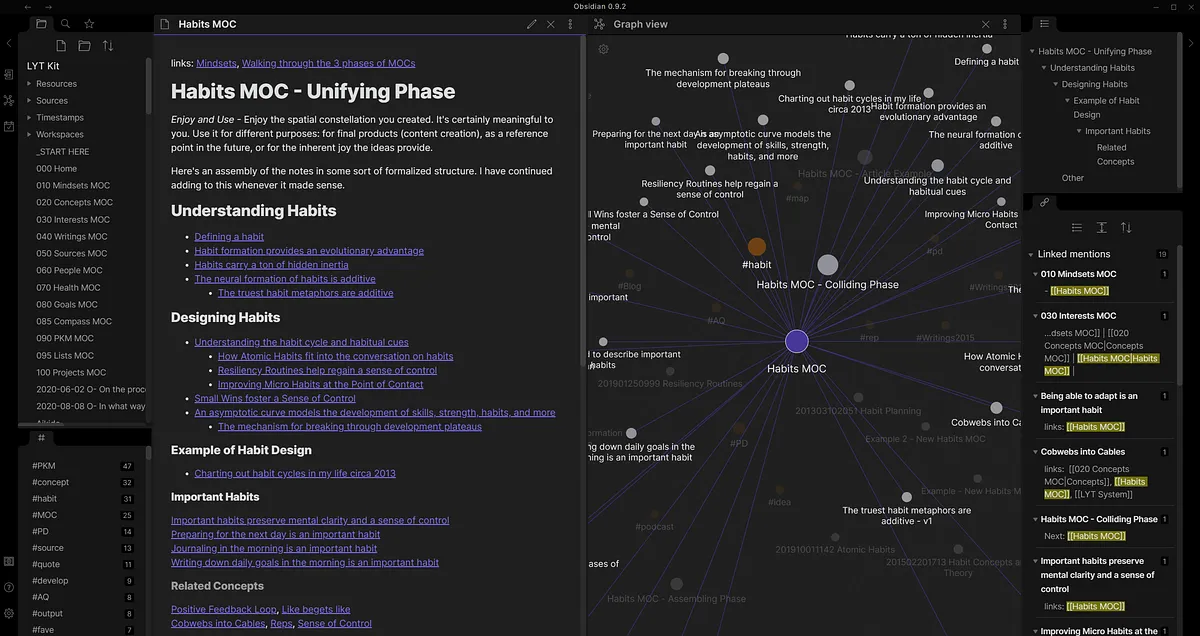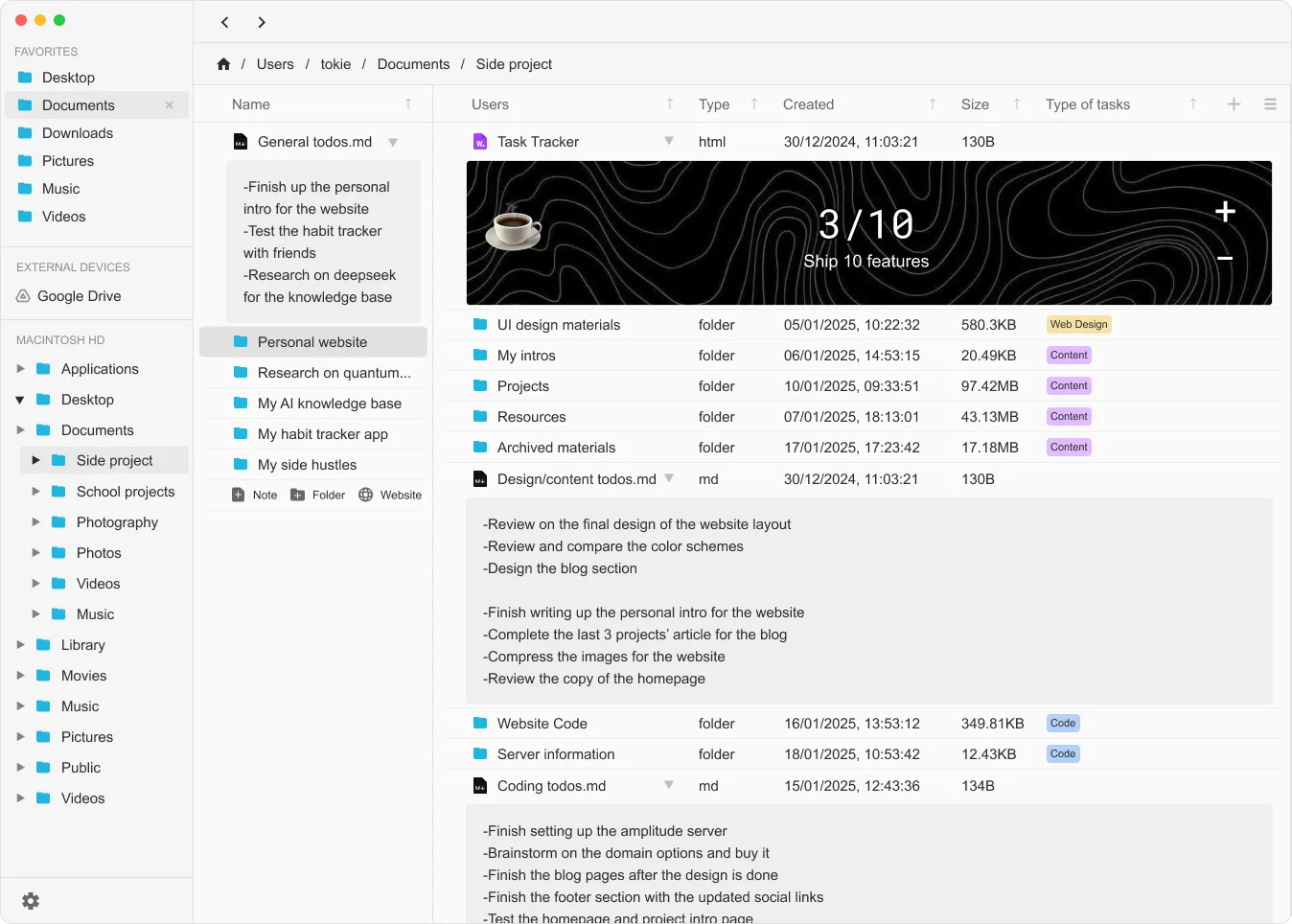Notion vs Obsidian vs Tokie (2025): Best Note-Taking App for Students and Knowledge Management

Notion vs Obsidian vs Tokie (2025): Best Note-Taking App for Students and Knowledge Management
You are probably deciding which app fits better for note-taking, student work, or knowledge management.
In this article, we’ll compare Notion, Obsidian, and Tokie, giving you a clear picture of their strengths, weaknesses, and where each one shines.
Notion: Flexible Workspace for Students
Why people choose Notion
- Free student/education plan with discounts.
- Templates for tasks, assignments, and study schedules.
- Databases, kanban boards, and calendar views make it highly versatile.
- Great for collaboration with classmates or group projects.
Where Notion struggles
- Offline mode is limited — not ideal if Wi-Fi is unreliable.
- Note-taking speed: clunky for quick lecture notes.
- File uploads capped in free plans, making it harder to manage PDFs, slides, or large resources.

Obsidian: Local-First Knowledge Management
Why people choose Obsidian
- All notes are stored locally as Markdown files.
- Strong for knowledge networks with backlinks and graph view.
- Popular among researchers, writers, and those building a “second brain.”
- Excellent for offline note-taking.
Where Obsidian struggles
- No real-time collaboration for teams or students.
- Steeper learning curve with plugins and custom setups.
- Manages Markdown notes well, but other files (PDFs, media, Word docs) don’t integrate smoothly.

Tokie: Notion-Style Databases for Local Files
Here’s where Tokie enters the picture. While Notion and Obsidian focus mainly on notes, Tokie is designed to manage both files and notes in a Notion-like way, directly inside your folders.
Why Tokie is different
- Turns folders into databases with custom fields, tags, and layouts.
- Renders Markdown files inline, just like notes in Notion.
- Embeds web pages and widgets in your workspace.
- Fully offline, with all files stored locally.
- No upload limits — ideal for PDFs, study materials, research documents.
Tokie is especially useful if you’re a student or researcher who:
- Wants Notion’s flexibility,
- Needs Obsidian’s offline reliability,
- But also works with lots of local files and documents.

Quick Comparison Table
| Feature | Notion | Obsidian | Tokie |
|---|---|---|---|
| Note-taking | Good for structured notes | Excellent for deep linking | Inline Markdown in folders |
| Collaboration | Strong | Weak | Local-first, solo focus |
| Offline use | Limited | Full | Full |
| File management | Upload capped | Limited (notes only) | Full local file integration |
| Students/education | Free plan + discount | Free core app | One-time local license |
Which Should You Choose?
- Choose Notion if you want collaboration, templates, and an all-in-one workspace.
- Choose Obsidian if you want deep note-linking, personal knowledge networks, and full offline use.
- Choose Tokie if you want a Notion-like experience for your local files and study materials, with offline-first reliability.
By considering all three, you’ll find the best tool for your specific needs in 2025.
Ready to try Tokie?
Transform your file management experience with Tokie's powerful features.